It can be easy to put off your tax return and leave it to the next deadline. But getting your tax in order now before you need to submit can make the whole process easier.
This blog will look at:
How to get your records in order
Making Tax Digital (MTD) and VAT
Finding time to focus
Where to find help
Get your records in order
One of the most important tasks is to get all your documents in order. It’s easier to take time to review and check your records are up to date while it’s still fresh in your mind.
You’ll need to keep a record of any incomings and outgoings for your business. You should also keep a copy of any bank statements and record any payments into or out of the business, whether that’s to you or your employees. And because you need to keep the records for at least five years, we suggest you find a solution that’s easy to access like FreeAgent, which you can get for free when you open a Mettle account*.
With Mettle, you can categorise transactions and upload receipts to help you get tax ready.
As a small business, you can also take this time as an opportunity to follow up on any outstanding invoices that haven’t been paid or are overdue.
If the tax year also marks the end of your accounting period and you sell products, you’ll need to organise a stocktake. Make sure you put enough time aside to manually check and record all the inventory that your business currently has on hand.
If you’re using cash basis as a sole trader, you aren’t required to do a stock check, but it’s a good opportunity to check how much you have in stock.
As a limited company, your accounting period might be different to the tax year. But you should start thinking about your personal tax return and storing any records of salary or dividends you have been paid as a director.
Tax tips for your side hustle or small business:
Making Tax Digital (MTD) for VAT
Since 2019, businesses with a turnover of over £85k have had to use MTD software to submit their VAT returns. Since April 2022, a new stage has been introduced. MTD for VAT will apply to all VAT-registered businesses, regardless of turnover.
If you’re VAT registered and under the £85k threshold you’ll need to:
store your business records digitally
send your VAT returns to HMRC through MTD-compatible software
These changes are effective from a business’s first VAT return period starting on or after 1 April 2022.
1 April 2022 was also the end of the ‘soft landing period’ for businesses over £85k. If you haven’t already moved your VAT submissions to MTD compatible software, now is the time to take action.
Use a separate bank account for your business
A separate business account can make it much easier at the end of the year to identify the income and expenses specific to your business. Some accounts also allow you to store your receipts and invoices digitally, making it easy to find them when you complete your tax return at the end of the year.
Find time to focus
With tax return submissions opening from 6 April, make sure you set time aside to focus and complete your return accurately. It’s less stressful and you are less likely to make mistakes if you have plenty of time!
Ask for help if you need it
To make sure you don’t pay too much tax, check what allowances you can use and what you can claim as expenses. HMRC has lots of online articles which will help you understand the rules which apply to you and your business.
If you need more support, you can also get help from an accountant. Finding a good accountant will help avoid mistakes and they may find opportunities for you to save money on your tax return.





